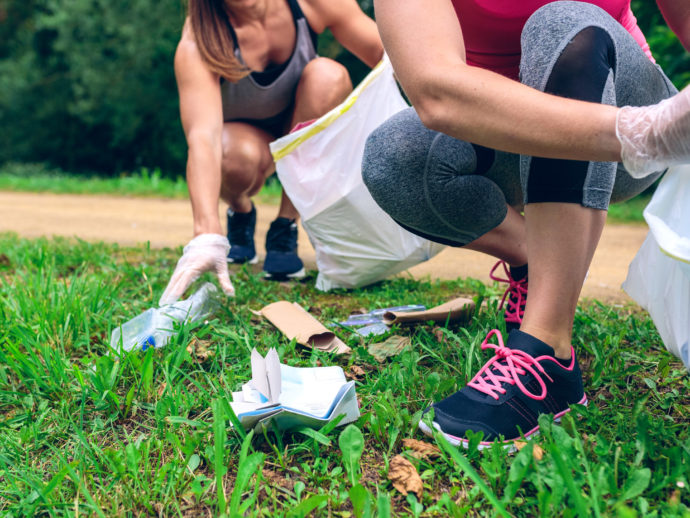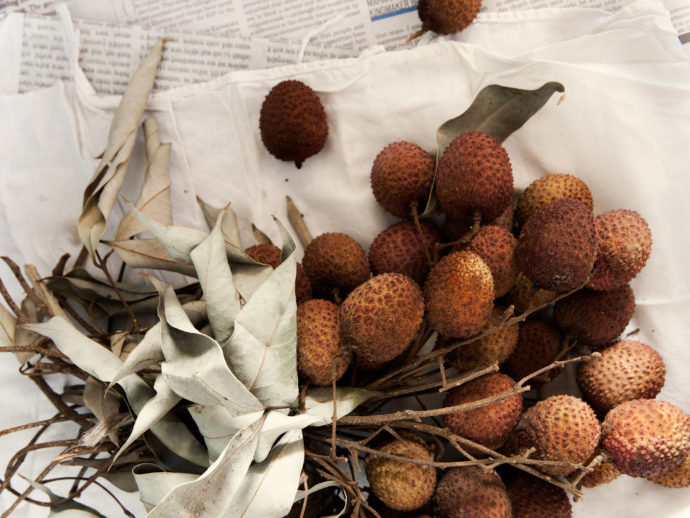
Joggers get to see the world around them in a way that others may miss, taking in treasures on the ground, such as tiny flowers in fresh bloom. What lies beneath their pounding feet isn’t all pretty, though: runners routinely come across candy wrappers, disposable coffee cups and other trash.
A new fitness craze is combatting this garbage. Called plogging, it involves picking up litter while jogging. The activity originated in Sweden, the term being a mash-up of the Swedish word plocka, which means to pick, and jogga, to jog.
Having caught the attention of the United Nations, with events taking place around the globe this past June for World Environment Day, plogging is fast gaining ground all across North America.
Our shared environment
Dano Fuller, a personal trainer and father of two, learned about plogging via social media. He then went on to start a Plogging Facebook page.
“I’m an avid jogger, and litter has always been something that bothered me,” Fuller says. “My biggest pet peeve growing up was seeing vehicles driving and people throwing their fast-food garbage out the window. I never understood why they just couldn’t set it aside and wait till they got to their destination.”
Therein lies the deeper meaning of plogging: while the activity is an efficient, easy and fun way to clean up our sidewalks, streets, fields and beaches, it’s also a reminder that, as human beings, we’re all responsible for our environment and our own communities.
Fuller notes that you don’t have to be a jogger to plog; it fits in nicely with walks, too. And he reminds that, aside from its environmental impact, rubbish can be harmful to animals.
Running with a purpose
Marine biologist Melanie Knight is keenly aware of the potentially negative (even deadly) effects garbage can have on wildlife.
“This is running with a purpose,” Knight says. “As a marine biologist, the issue of plastics and marine debris is important to me, and as a runner, running through the streets, I’m seeing garbage all the time. Plastics carry chemicals, and when they’re in the sun and in sea water, they start to break down, and those chemicals leach into the water. Animals and plankton are exposed. Green sea turtles mostly eat jellyfish, and jellyfish look a lot like plastic bags.”
Knight put her own stamp on plogging with the hashtag #10minutetidy. She wants to do her part for the planet, but, like other passionate runners, she also yearns for a good workout at a swift clip whenever she has the chance. By dedicating just 10 minutes to diligent debris pick-up each time she’s out for a run, she does both.
Plogging anywhere, anytime!
“With plogging, you don’t need a group, a big production,” Knight says. “You can do it spontaneously, on your own, with your kids, and just pick up garbage as you go. Pollution is a big problem that needs more of our attention on a daily basis.”





